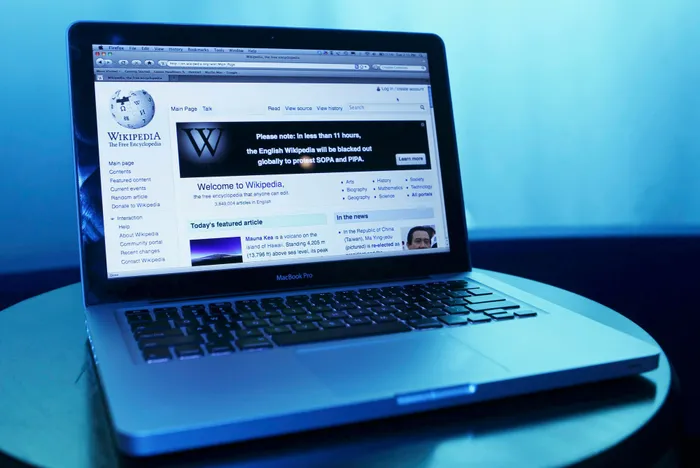
English has been the main language online. A group of young people with the support from the Moleskine Foundation and growing pan-African grassroots movement are planning to change that as from tomorrow. The plan is to equip young people with the tools to create and edit Wikipedia articles in their official languages.
While Wikipedia is the world’s 13th-most-visited website, it suffers from a dearth of information about Africa.
Launched by the Moleskine Foundation, WikiAfrica Education is hosting a series of five AfroCurations where young people from South Africa, Mozambique, Zimbabwe, and Morocco are learning how to tell the stories of their lives, culture, and history through Wikipedia.
United by the theme “Who We Are”, AfroCuration events are not your regular edit-a-ton. Rather, they are cultural and inspirational experiences where participants are empowered to create knowledge about their culture and identity, redressing the historical bias and taking ownership of the digital narrative.
The next event will take place on the 26th and 27th of October in partnership with Constitution Hill Trust in Johannesburg, South Africa. By bringing together volunteers from the IsiZulu, Sesotho, Tshivenda, and Afrikaans-speaking communities, the event will focus on writing and editing Wikipedia articles about many such marginalised stories and names are of women across time, race, class genders, sexual orientations and other social identities who contributed immensely to the liberation of South Africa and the making of its world-renowned Constitution.. A former prison and military fort that bears testament to South Africa’s turbulent past, Constitution Hill recently unveiled a timeline of the Women’s Struggle for Human Right as part of an exhibition telling the story of South Africa’s Constitution.
It builds on the success of the AfroCuration series’ first edit-a-thon in early September, where more than 60 participants contributed the first-ever Wikipedia articles in Emakhuwa, a language spoken by an estimated 6-12 million people in northern Mozambique. The participants created 60 articles during the event and continued editing weeks afterward. As of 19 October 19, 2021, 171 articles in Emakhuwa have been created, amassing more than 11,000 views.
Adama Sanneh, CEO of Moleskine Foundation, says: “By transforming young Africans from passive knowledge consumers to active knowledge producers, we are addressing two of Wikipedia’s most significant gaps - the lack of contributors from Africa and the lack of content about Africa. It is estimated that there are currently more Wikipedia articles on France than Africa as a whole. In fact, not a single African language has more than 100,000 articles on Wikipedia. Our goal is to change those numbers by steadily expanding knowledge about Africa, as told by Africans, one Wikipedia entry at a time.”
The son of an Italian mother and a Senegalese/Gambian father who has lived and worked on both continents, Sanneh knows how misconceptions and misinformation about Africa shape the way the world sees the continent - and how Africans see themselves. Recognizing how most of what has been written online about Africa has come from the West, Sanneh is focused on supporting a new generation of Wikipedia editors based in Africa. To date, the WikiAfrica Education initiative has generated over 40,000 Wikipedia contributions in over18 languages.
Vanessa September, CEO of Constitution Hill Trust, says: “Many of the challenges that South Africa faces today are due to our lack of knowledge and understanding the events of our past. Until this history is widely accessible, we will remain stuck. Our partnership with the Moleskine Foundation allows us to work with young people in a creative way to amplify the unknown stories and people of our Constitution on a global platform like Wikipedia.”
This is an opportunity for local institutions to also support efforts to preserve African languages online by actively supporting such initiatives and more.
